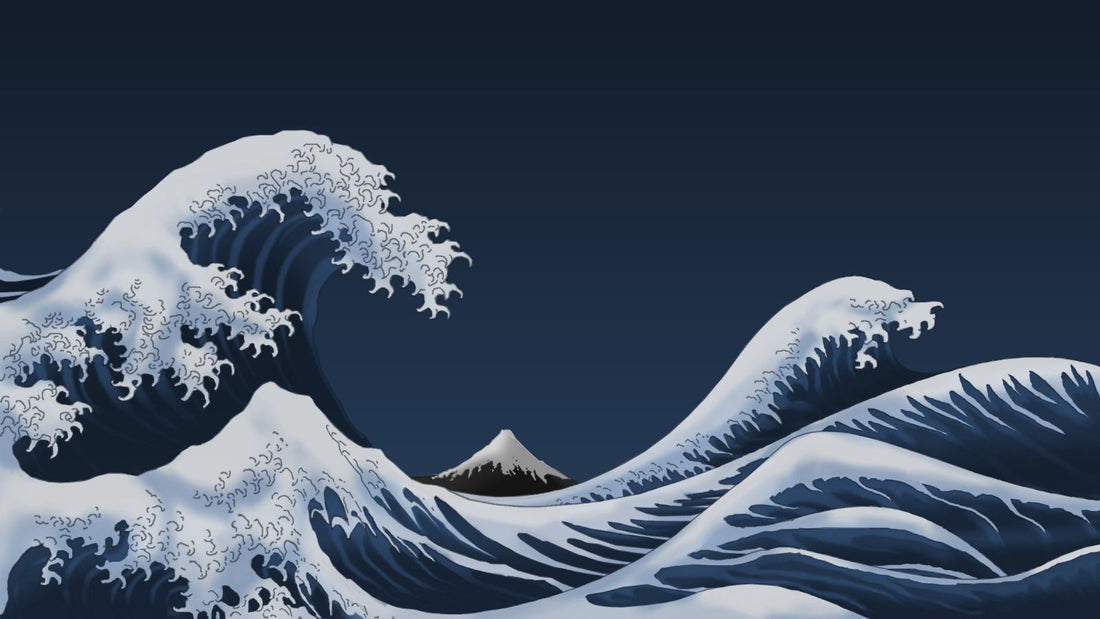
Japanese Tattoo: Ideas and Inspirations
Irezumi —The Signs of Japanese tattoos are an age-old artistic practice rooted in symbolism and great legend. Each of the designs has its own story, reimagined from nature, mythology and the culture’s values. If you’re looking for striking work, the following classic motifs will give you a visual punch.
1. Japanese Tattoo Motifs
-
The Dragon: The Japanese dragon is a symbol of strength, wisdom, and protection, a powerfully benevolent figure. Clothed in swirling clouds, it is majestic and mysterious.






-
The Tiger: The tiger represents bravery and power. It is often shown moving through bamboo or resting on sharp rocks.






-
Geishas: Vibrant and graceful at the same time, geishas are a popular choice for their elegance. With their colorful kimonos, classic hairstyles and peaceful poses, the geisha can add an artsy and feminine vibe to any ink.






-
Samurai: Representing loyalty and discipline, samurai are symbols of strength and honor. Both in action wielding a katana and in prayer pose, they hark back to the warrior ethos.






-
Hannya Masks: First used in Noh theater, Hannya masks embody extreme emotions, including jealousy and passion. They are also protective talismans from evil spirits.






- Japanese Kanji: Japanese kanji like love (愛), strength (力) or spirit (魂), which makes any tattoo minimalistic yet full of meaning.
2. Backdrops and cultural landmarks iconic
Here are five of the most popular representatives of culture and nature:
-
Mount Fuji: As a traditional symbol of Japan, Mount Fuji embodies peace, power and eternity. Often used alongside cherry blossoms or clouds, it lends a strong note to the design.

-
Japanese Temples: Temples, such as the ones from Kyoto or Nara, embody deep spiritual and cultural significance and evoke history and mysticism in tattoos.



-
Cherry Blossoms (Sakura): These light pink flowers represent the ephemerality of life. Their gentle, billowy shapes tend to be a counterpoint to the more theatrical details.

-
The Great Wave of Kanagawa: Commonly connected with Hokusai’s iconic piece of art, these stylized waves extract from nature’s strength to embody the delicate balance between chaos and calm.





3. Why Get a Japanese Tattoo?
Japanese tattoos are not just beautiful works of art—they also have deep personal and cultural meaning. So if you want your tattoo to be meaningful, don’t just pick something that looks nice. Choose a traditional symbol that carries a strong message.
To honor this ancient art, find an irezumi artist who specializes in this style. They can help you create a design that reflects the skill and spiritual meaning of Japanese tattooing.


